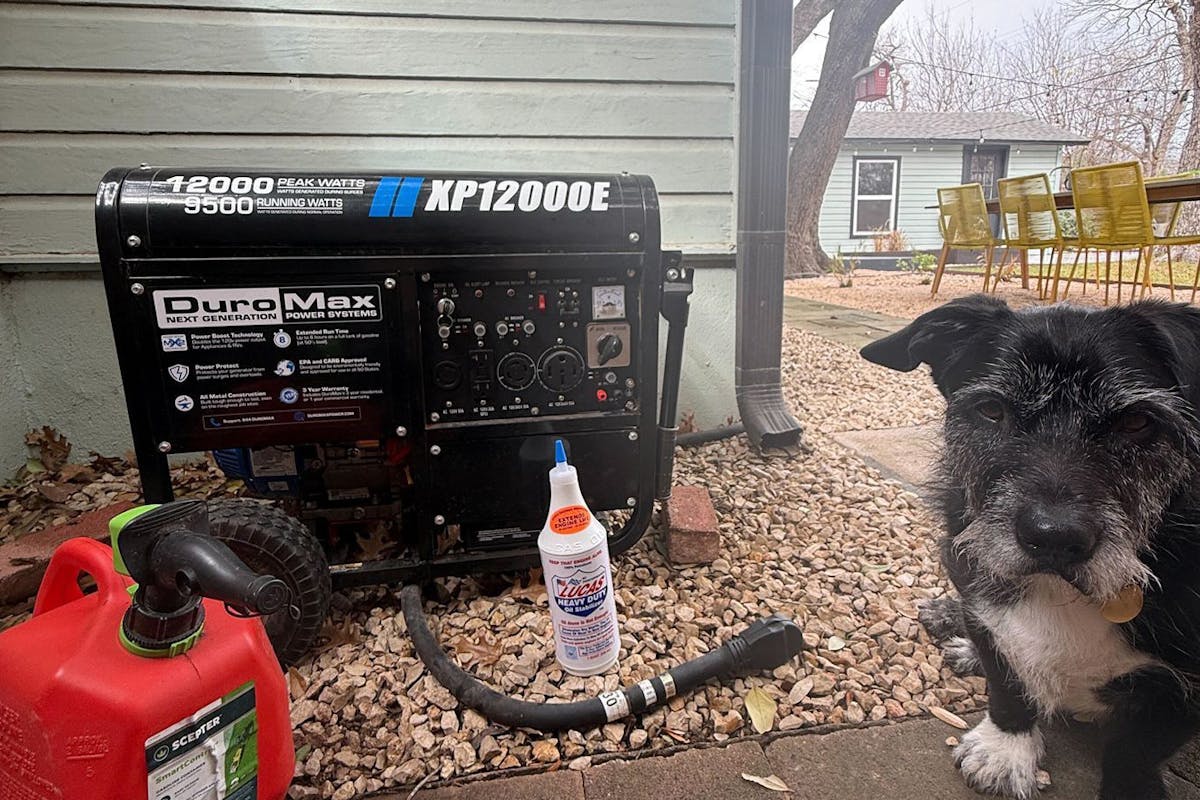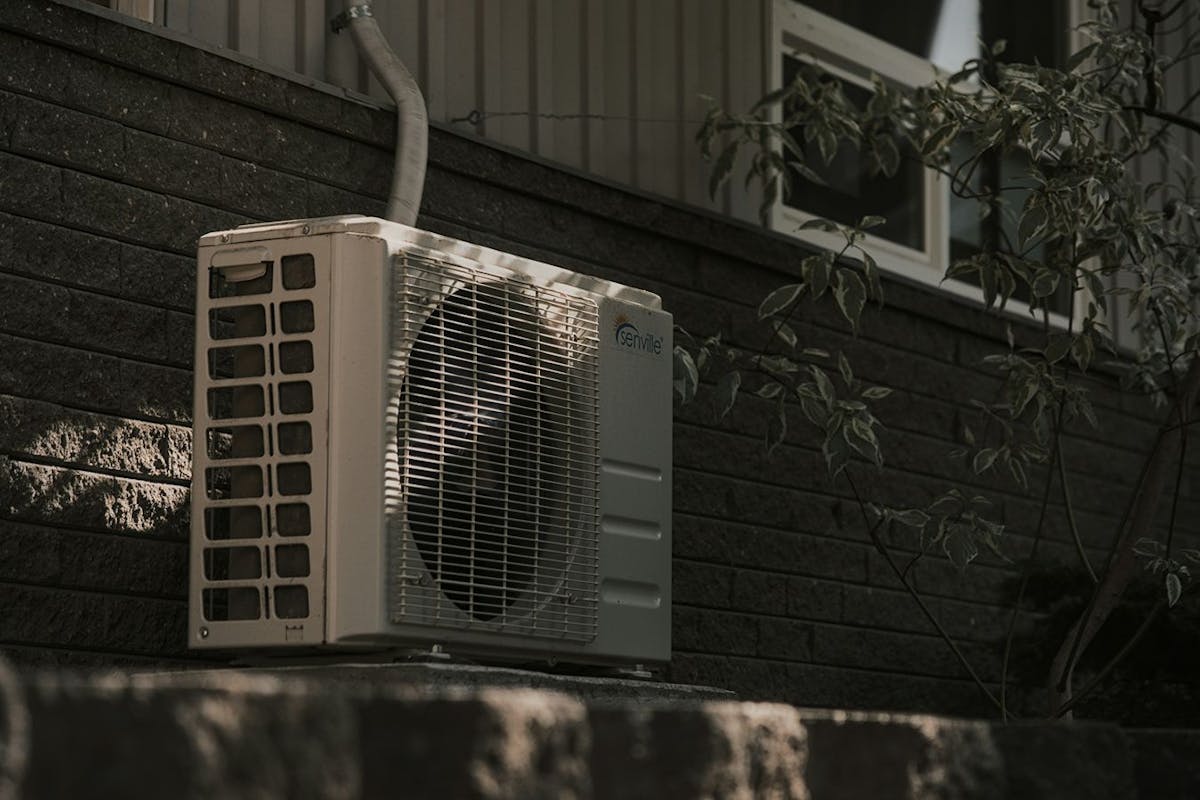Level 1 vs. Level 2 EV Chargers
Last edited
Author
Andrew Giermak
Solar and Electrification Writer and Editor
Editor
Andrew Blok
Electrification and Solar Writer and Editor

Considering an electric vehicle may raise the question: How will I charge it? At home, it comes down to two main options, Level 1 and Level 2 chargers. Level 1 charging is the simplest and cheapest, but also the slowest. Level 2 charging is faster, allowing you to fully recharge most EVs overnight, but it requires a dedicated installation and generally costs more. This guide breaks down the differences in speed, cost, and convenience to help you decide which EV charging solution is best for you.
See how much you can save with home energy changes
Level 1 EV Chargers
A level 1 electric vehicle charger is basically a power cord using a standard 120V home electric outlet and requires no other components or special EV charger installation. A level 1 charger often comes with the electric vehicle. It is the slowest EV charging level.
Depending on your typical schedule and driving needs, a level 1 charging cord is satisfactory for most EV drivers. Generally speaking, you have enough time between driving the vehicle and/or are driving short distances most times you drive. Level 1 chargers will take from eight hours up to a few days of charging to go from empty to an 80% charged battery, and from 20 to about 100 hours to charge to 100%. It depends on the vehicle.
A Level 1 charger may be included when buying an electric vehicle. If you need to buy one it costs about $100-$300 on online sites.
Level 2 EV Chargers
Level 2 chargers are faster than level 1 chargers. However, you will need to hire a licensed electrician to do the installation if the charger requires a new electrical panel, wiring, and a 240V outlet which a level 2 charger needs. You may also need permitting and an inspection, which are additional costs.
A level 2 charger can charge a battery to 80% in about 4-8 hours and fully in 8-12 hours. A level 2 charger can charge a hybrid vehicle battery in about 1-2 hours.
Charging with home solar panels, solar battery power, or lower-rate off-peak utility power are generally less expensive and very convenient ways to charge an EV.
A level 2 EV charger costs from about $400 to over $1,000 depending on the type and the charger’s features. Installation, permitting, an inspection, and new electrical components, if needed, add to the cost.
See how much you can save with home energy changes
Level 1 vs. Level 2 EV Chargers
If you’re thinking about EV chargers, and an electric vehicle, for the first time, it’s important to look at what will fit your needs best.
| Feature | Level 1 | Level 2 |
|---|---|---|
| Voltage | 120V AC | 240V AC |
| Range added per hour | 3-5 miles | 12-25 miles |
| Time to full charge | 20-100 hours | 4-12 hours |
| Installation required | None | Yes, may need professional installation |
| Installation cost | Minimal to none | $500-$2,000+ |
| Portability | Highly portable; designed to travel with the car. | Can be portable (plug-in 240V) but are often permanently wall-mounted. |
| Efficiency | Generally lower efficiency (more energy loss during a longer charge time) | Generally higher efficiency (less energy loss due to faster charging) |
| Smart features | Typically basic functionality. | Often includes smart features, Wi-Fi, app control, scheduling, and energy monitoring |
Typical charging time by vehicle and charger level
| Model | Level 1 | Level 2 |
|---|---|---|
| Tesla Model 3, standard range | 60-70 hours | 8-10 hours |
| Tesla Model 3, long range | 80-90 hours | 11-12 hours |
| Audi e-tron, 95-kWh battery | 70-90 hours | 10-12 hours |
| Chevrolet Bolt EV | 58 hours | 9.5 hours |
| Ford Mustang Mach-E, 75.7-kWh battery | 60-80 hours | 8-11 hours |
| Nissan Leaf, 40-kWh battery | 20-26 hours | 8-10 hours |
Which EV Charger Is Best for You?
Your driving needs and budget are the two biggest determiners of which home EV charger is the best fit for you.
If you don’t drive enough to require close to a full charge every night a level 1 charger will probably meet your needs. If you have a plug-in hybrid vehicle with a small battery, a level 1 will likely suffice, too.
A level 2 charger is probably what you’ll need if your usual driving is 40 or more miles a day. If you want smart features or controls, you may need a level 2 charger.
If you’re looking at more ways to use cleaner and less expensive energy at home, check out Palmetto’s Savings Maximizer and learn more today.
See what home electrification can do for you:
Frequently Asked Questions
How much does a level 2 EV charger cost?
A level 2 EV charger costs from about $400 to over $1,000 depending on the vehicle’s compatibility and the charger’s features. This doesn’t include possible expenses for installation, permitting, inspection, and new electrical components.
Do you need a level 2 EV charger to charge your car at home?
No, you can use a standard level 1 charger to charge an EV at home. It’s also possible, although likely not as convenient or cost-effective, to use free or paid public chargers.
What is the cheapest way to charge an EV?
The cheapest way to charge an EV is typically at home. Using solar power can bring your home charging costs down even further.


